Professional Courses
Industry-relevant training in Business, Technology, and Design
Categories
Interactive Games
Fun games to boost memory, math, typing, and English skills
Typing
Memory
Math
English Adventures
Knowledge
Choosing IB Subjects: A Step-by-Step Guide for the Diploma Programme

Ready to take on the renowned International Baccalaureate (IB) Diploma Programme? That is a fantastic choice! This two-year journey is designed to challenge you, help you think globally, and prepare you for top universities around the world.
But before you dive in, you have a big decision to make: choosing your subjects.
This choice can feel a little overwhelming, but it does not have to be. Think of it as designing your own personalized education. This guide will walk you through it, step by step, so you can pick the right subjects with confidence.
How the IB Diploma Programme is Structured
To earn the full IB Diploma, you need to build a study plan that includes six subjects and three core components. This structure ensures you get a well-rounded and balanced education.
The Six Subject Groups You will need to select one subject from each of these six diverse groups: - Studies in Language and Literature - Language Acquisition - Individuals and Societies - Sciences - Mathematics - The Arts (or an extra subject from one of the other groups)
You must choose three subjects at Higher Level (HL) and three at Standard Level (SL). HL courses go much deeper into a topic and require more teaching hours, while SL subjects give you a broader understanding with a more manageable workload.
The Three Core Components Beyond your subjects, every IB student must complete the core: - Theory of Knowledge (TOK): A unique class that makes you question how we know what we claim to know. - Extended Essay (EE): A 4,000-word research paper on a topic you choose yourself. - Creativity, Activity, Service (CAS): A program that encourages you to get involved in personal experiences outside the classroom.
Your 5-Step Guide to Choosing the Right IB Subjects
Picking your subjects should be a thoughtful process. Here is a smart way to approach it.
Step 1: Explore the Subject Groups in Depth
Each subject group is designed to develop a different set of skills. By picking one from each, you ensure your education is balanced and comprehensive.
Common Courses in Each Group: - Group 1 – Your Native Language: English A, Hindi A (Literature) - Group 2 – A Second Language: Spanish ab initio, Hindi B, French B - Group 3 – Social Sciences: History, Business Management, Economics - Group 4 – Natural Sciences: Biology, Chemistry, Physics - Group 5 – Mathematics: Math AA (Analysis & Approaches), Math AI (Applications & Interpretation) - Group 6 – Arts or an Extra Subject: Visual Arts, Theatre, Music
Do not worry if you are not an artist. The IB allows you to swap your Group 6 Arts subject for an extra subject from Groups 1–5 to build a more specialized academic track.
Step 2: Strategize Your HL and SL Subjects
Your Higher Level (HL) subjects should be the ones you are most passionate about or that are most important for your future career. Standard Level (SL) subjects allow you to explore other areas of interest without the same level of intensity.
Anchor your HL choices in your future plans. For example, if you want to pursue medicine, taking HL Biology and Chemistry is often non-negotiable for university admissions. If engineering is your goal, you will almost certainly need to take HL Math AA and Physics.
Think of your HL subjects as your majors and your SL subjects as your minors.
Step 3: Align Your Subjects with Your Career Goals
Your IB subject combination should act as a bridge to your future career or university degree.
For the Future Engineer: - HL: Physics, Math AA, Chemistry - SL: English A, French B, Economics
For the Medical Aspirant: - HL: Biology, Chemistry, English A - SL: Math AI, Psychology, a Second Language
For the Business-Focused Student: - HL: Business Management, Economics, Math AI - SL: English A, Hindi B, History
For the Aspiring Lawyer: - HL: English A, History, Global Politics - SL: Math AI, Economics, a Second Language
Avoid choosing subjects just because they are popular or because your friends are taking them. Align your choices with your own personal blueprint for the future.
Step 4: Lean Into Your Strengths and Interests
Do not blindly follow the crowd. Take some time to think about your own academic journey so far. - Which topics have genuinely captivated you? - Which subjects do you naturally do well in?
If you enjoy working with data and logic, pursuing subjects like Physics or Economics makes sense. If you love words and interpreting stories, reaching for English A or History will feel more rewarding. Channel your energy toward subjects that fuel your strengths and curiosity.
Step 5: Research University Prerequisites
Universities around the world are very clear about what they expect from IB students. It is crucial to check their admission pages to find out what matters most to them. - Engineering programs in the UK often insist on HL Math AA and Physics. - Pre-med tracks in Canada or the US may demand both Biology and Chemistry at HL. - Liberal Arts colleges in the US might favor a more academically balanced profile with rigor across different HL subjects, rather than specific ones.
The earlier you find these requirements on official university websites, the better you can plan your subjects to meet your post-school goals.
A Closer Look at Each IB Subject Group
Group 1: Language and Literature This subject invites you to analyze, debate, and deconstruct texts in your best language. It polishes your writing, sharpens your interpretation skills, and helps you find your own voice.
Group 2: Language Acquisition Here, you will learn a second language. You can either build on a language you have studied before (Language B) or start a new one from scratch (ab initio). Proficiency in multiple languages is a huge asset in our globalized world.
Group 3: Individuals and Societies This group explores the human experience. Subjects like Business Management, Economics, History, and Global Politics help you understand societies, commerce, and governments.
Group 4: The Sciences Group 4 is where you can unlock the mysteries of life and matter. Subjects like Biology, Chemistry, and Physics will arm you with practical lab skills and a logical, scientific mindset.
Group 5: Mathematics Math is a non-negotiable part of the IB Diploma. You have two main options: - Math AA (Analysis and Approaches): This is a more theoretical and rigorous path, heavy on proofs. It is ideal for future engineers and scientists. - Math AI (Applications and Interpretation): This path is more practical and data-driven, with a focus on statistics. It is better suited for students aiming for business, psychology, or design.
Group 6: The Arts This group is a celebration of creativity. You can explore Visual Arts, Music, Theatre, or Dance. These subjects ignite innovation and self-expression. Or, you can choose to take another subject from one of the other groups instead.
Common Mistakes to Avoid When Choosing Your Subjects
- Ignoring university requirements. This is the biggest mistake you can make. Always check what your dream colleges expect.
- Taking on too many difficult HLs. Be realistic about the workload. Balance challenging subjects with those you are more comfortable with.
- Not taking Math seriously. Math is a mandatory and foundational part of the IB Diploma.
- Copying your friends' choices. Your academic path should be your own.
- Delaying your research. Start thinking about your subjects early in Grade 10 to give yourself plenty of time and options.
Your Future Starts with the Right Choice
Selecting your IB subjects is more than just filling out a form; it is the moment you start building the foundation for your future.
A well-thought-out choice can fuel your confidence, elevate your academic journey, and launch you toward world-class universities. Whether you are chasing a career in engineering, law, medicine, art, or economics, the IB framework empowers you to build a path that is uniquely yours.
So take your time, do your research, and choose boldly.
For more resources and support on your IB journey, you can explore the courses and tools available at AllRounder.ai.
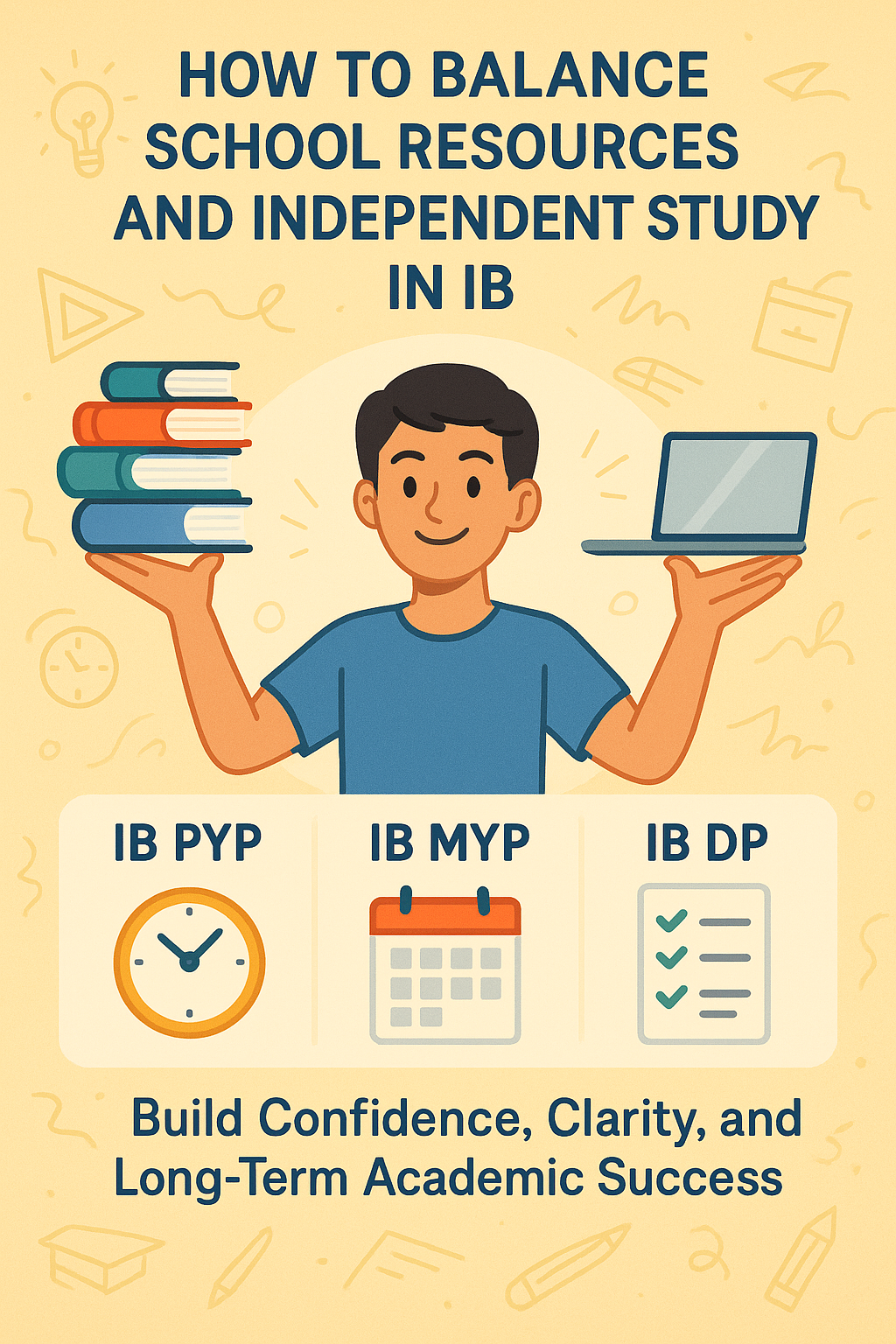
Learn how IB students can balance school resources and independent study across IB PYP, MYP, and DP to build...
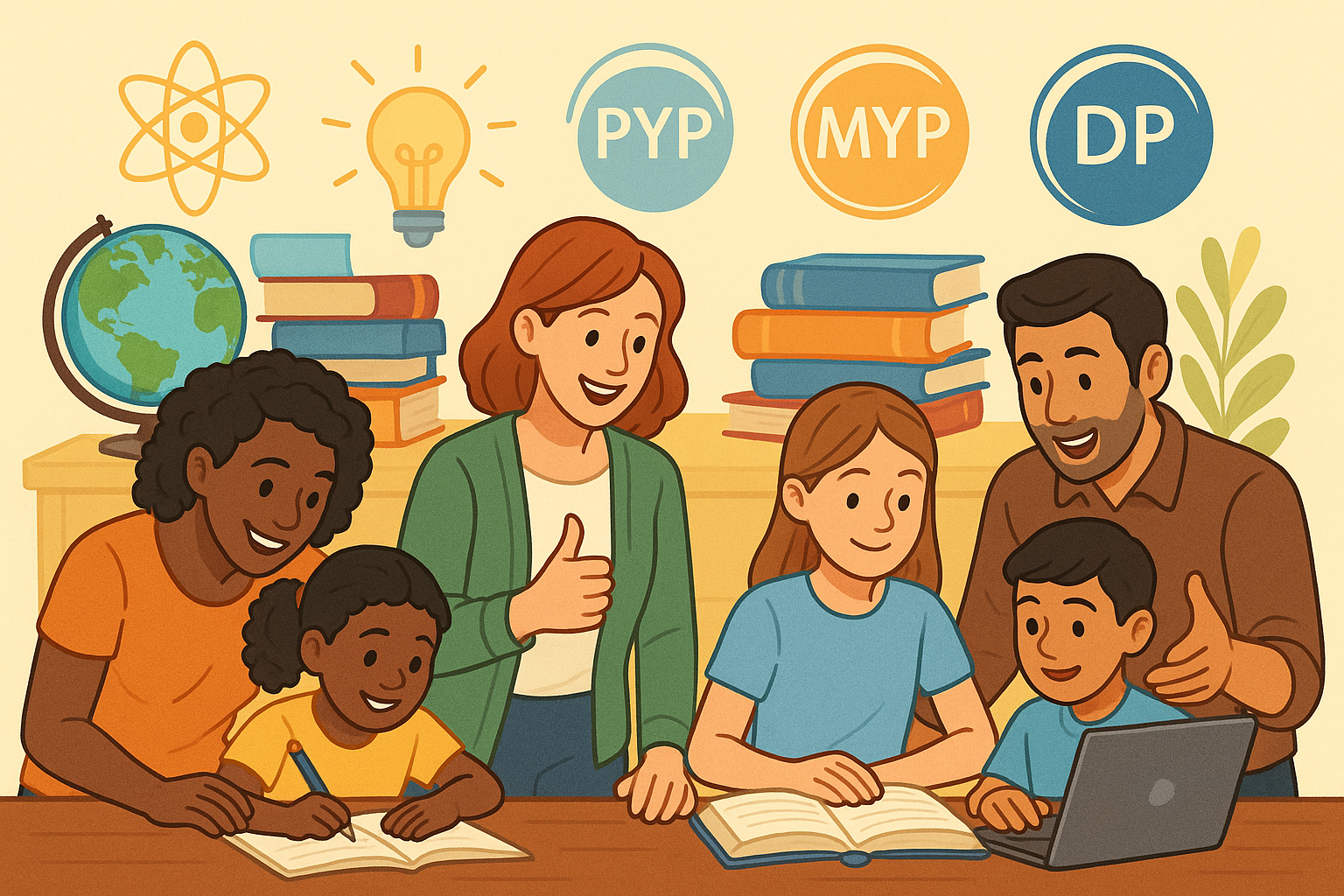
Learn how parents can identify quality academic support for IB learners that aligns with IB PYP, MYP, and DP values...
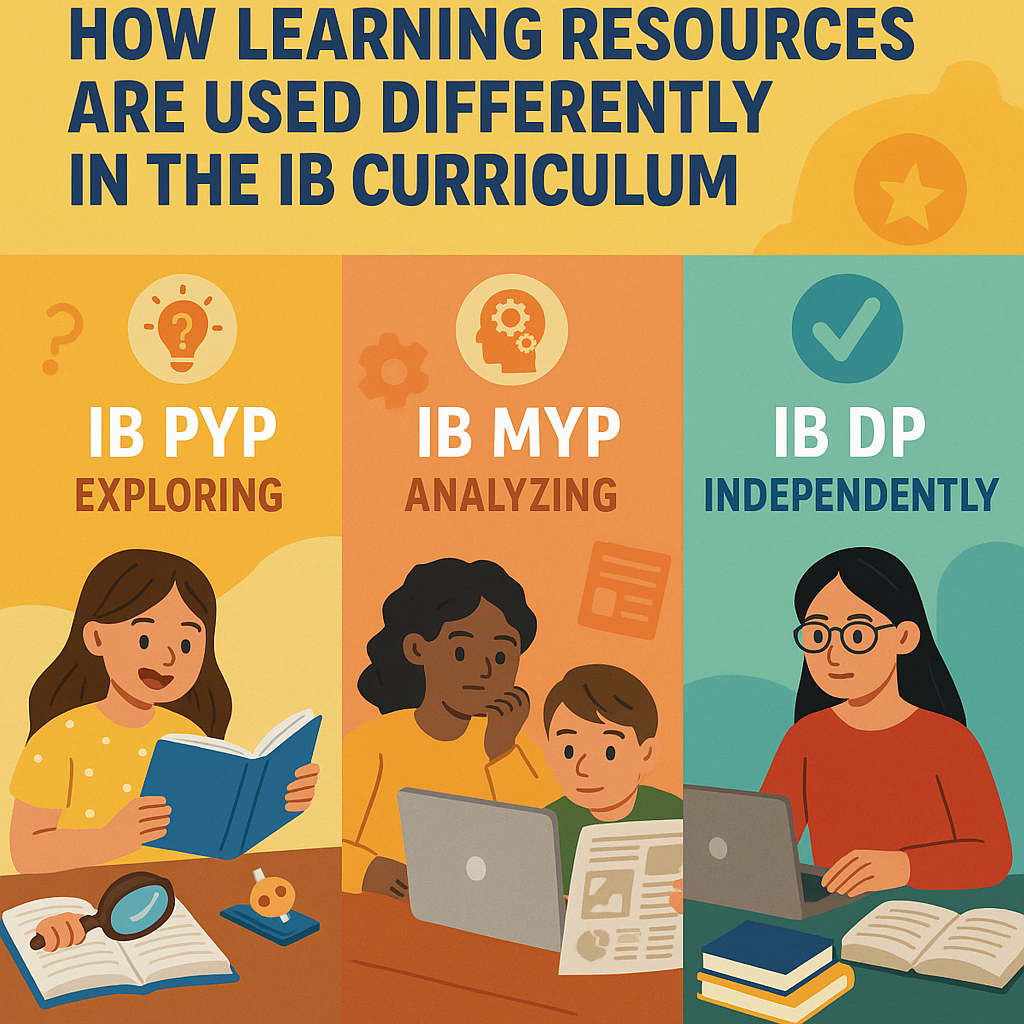
Discover how learning resources are used differently in the IB curriculum and how IB PYP, MYP, and DP students...
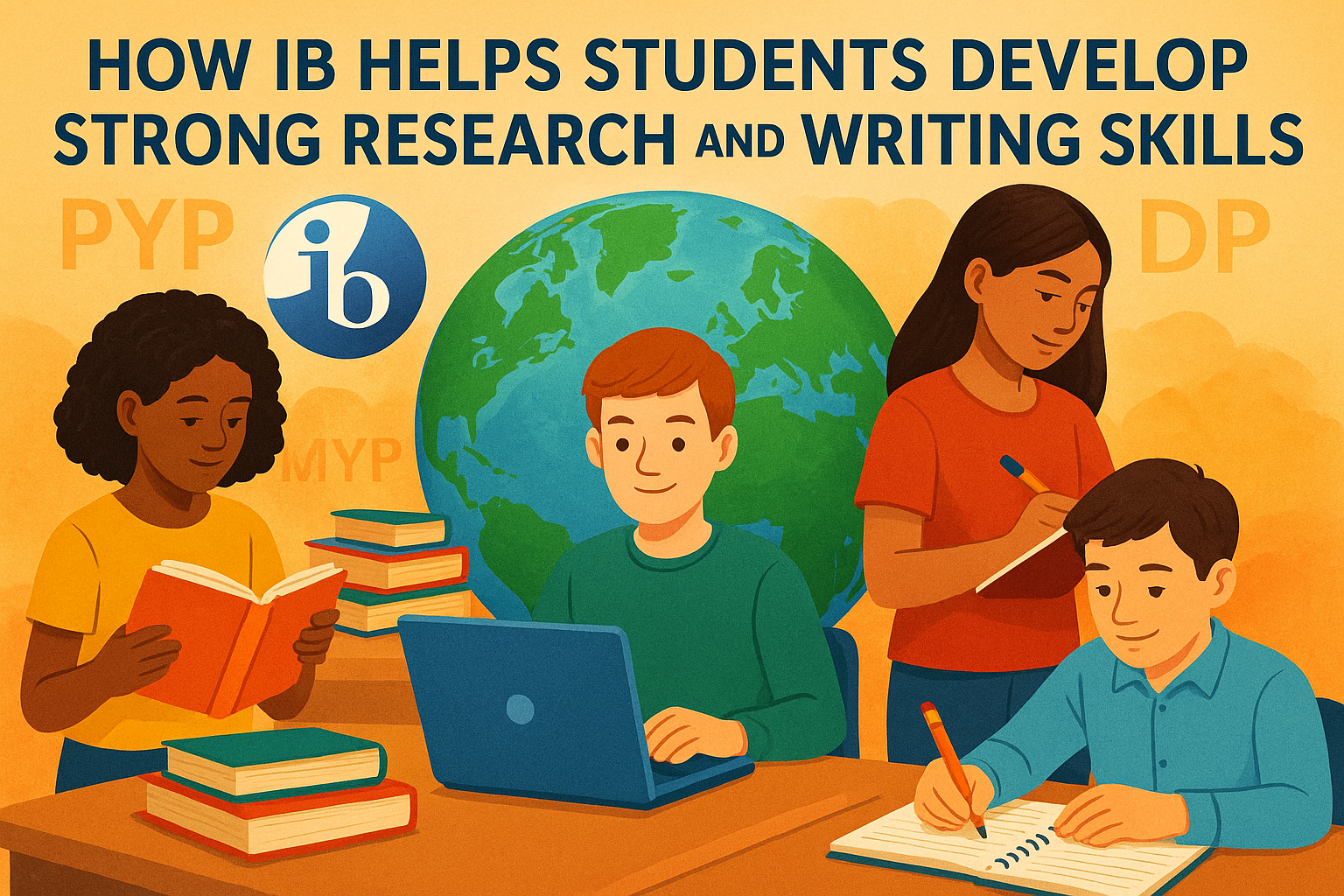
Learn how the IB curriculum helps students develop strong research and writing skills across IB PYP, MYP, and DP,...
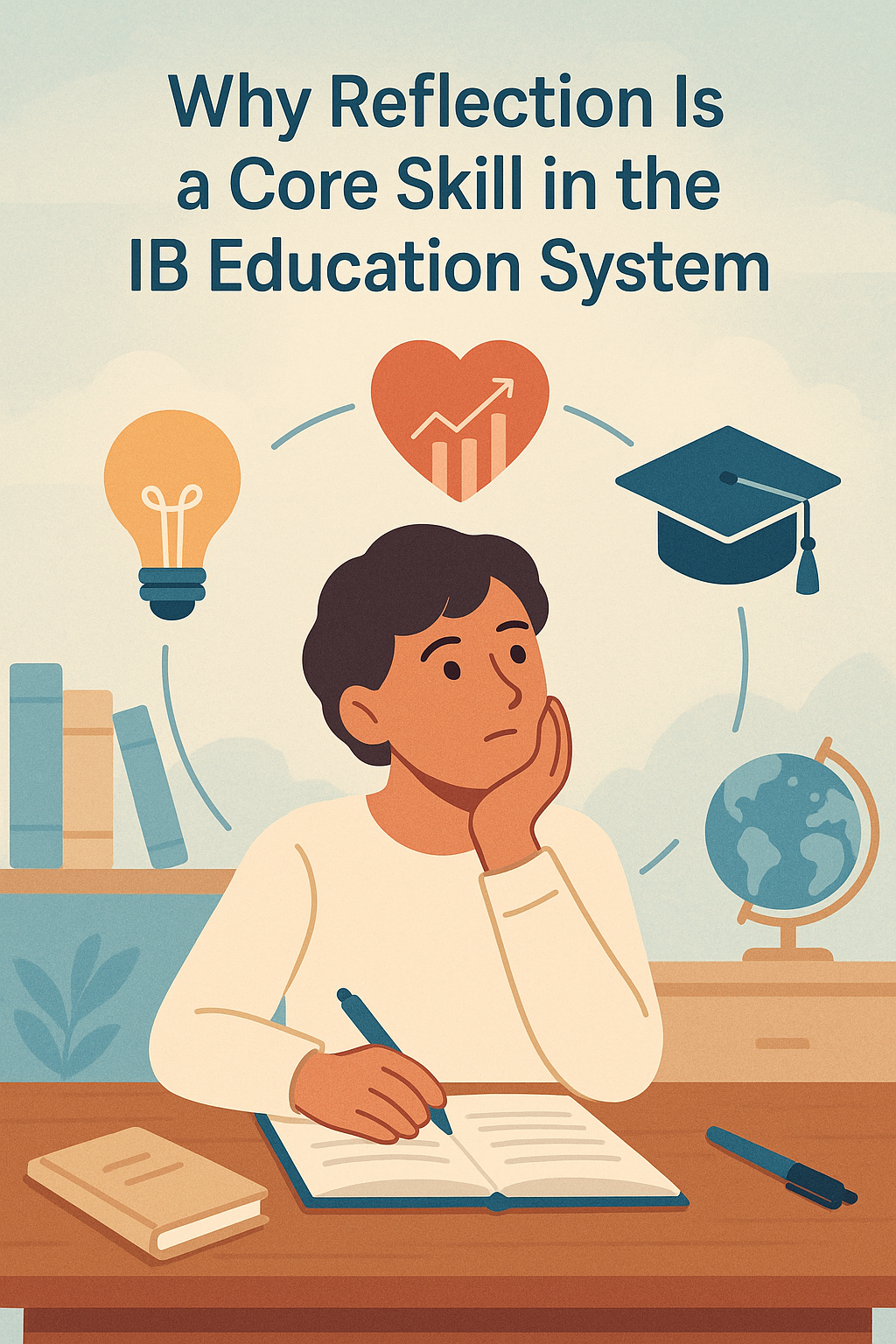
Discover why reflection is a core skill in the IB education system and how it supports independent thinking,...
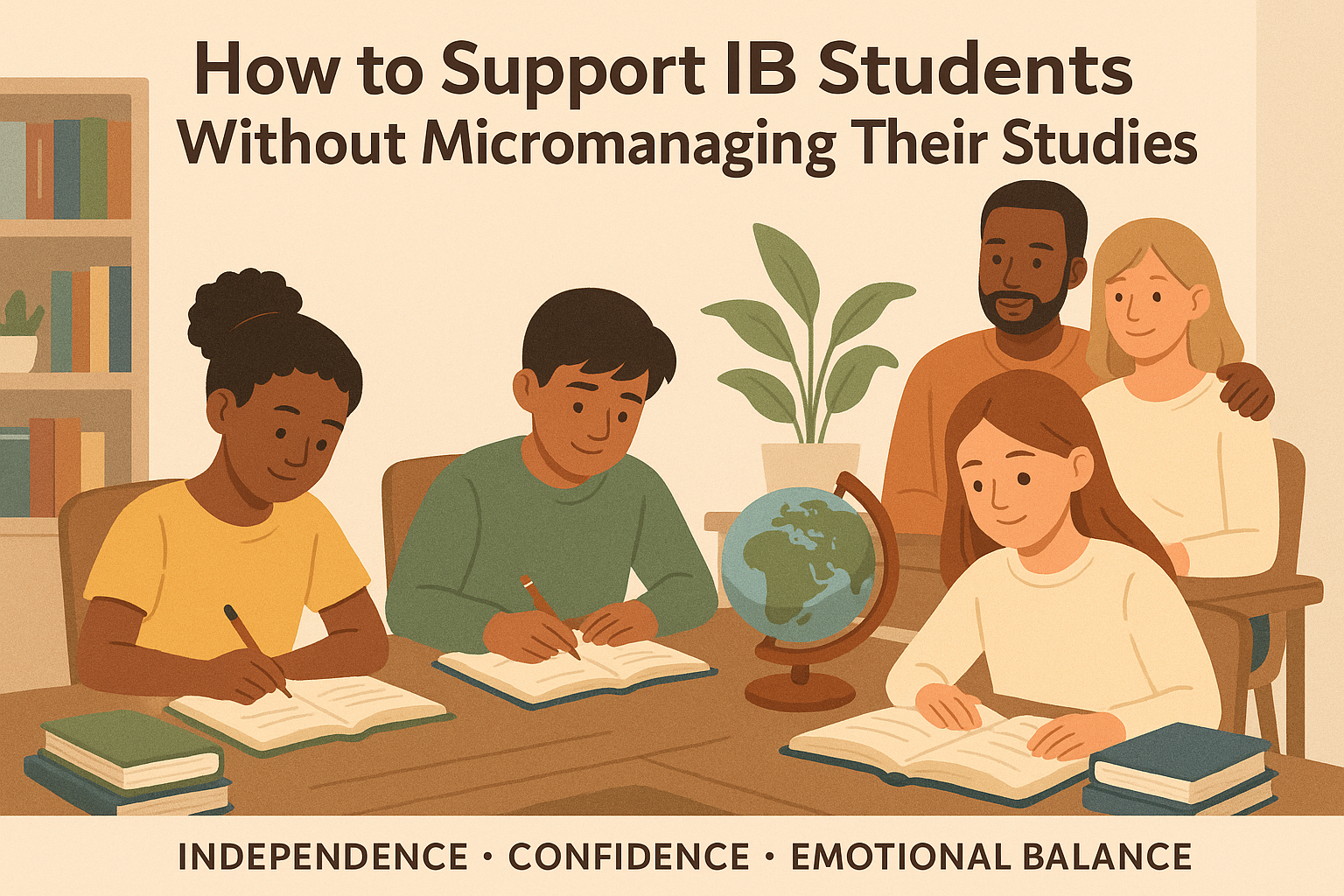
Learn how parents can support IB students across IB PYP, MYP, and DP without micromanaging, while building...
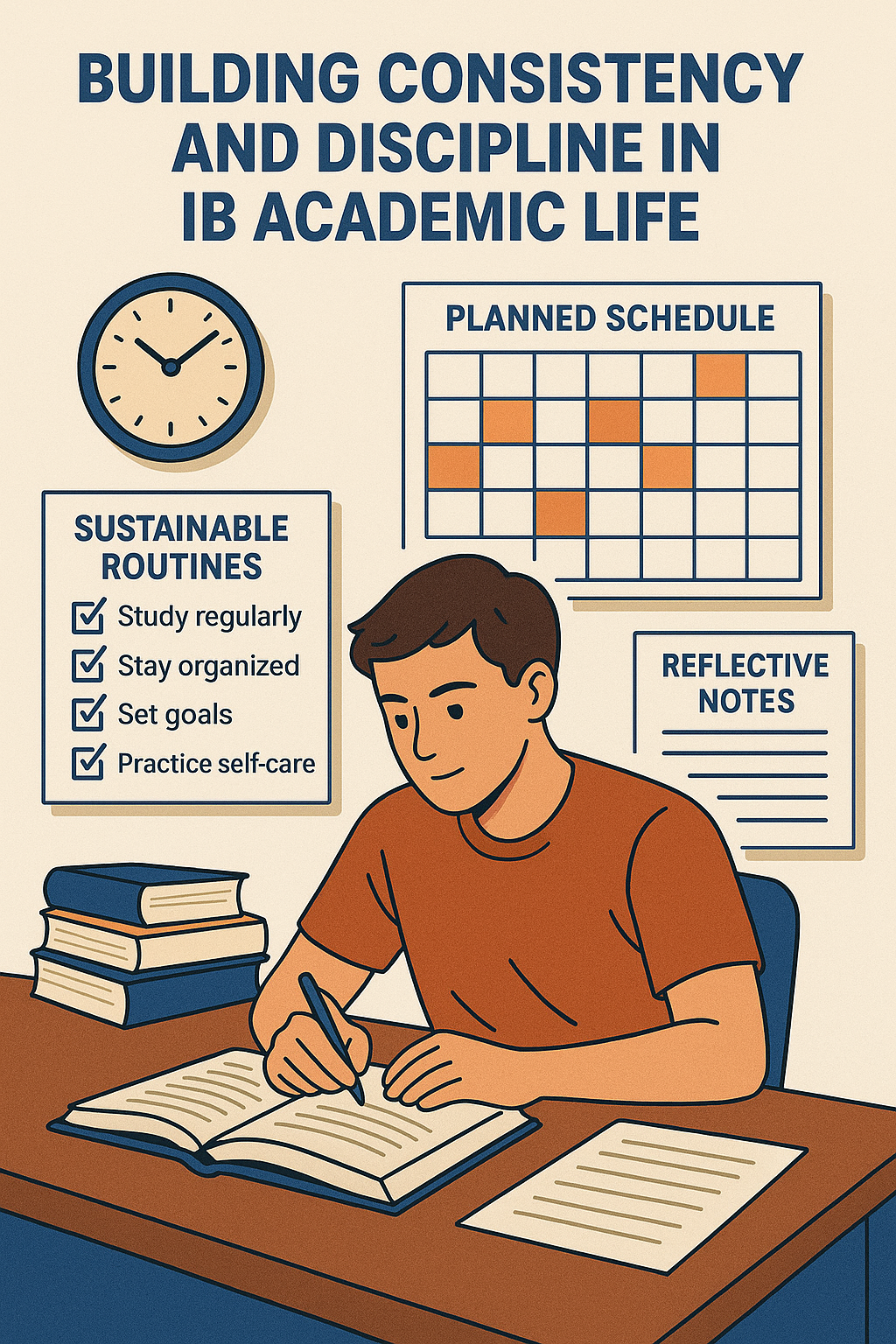
Learn how IB students can build consistency and discipline through sustainable routines, reflective habits, and...
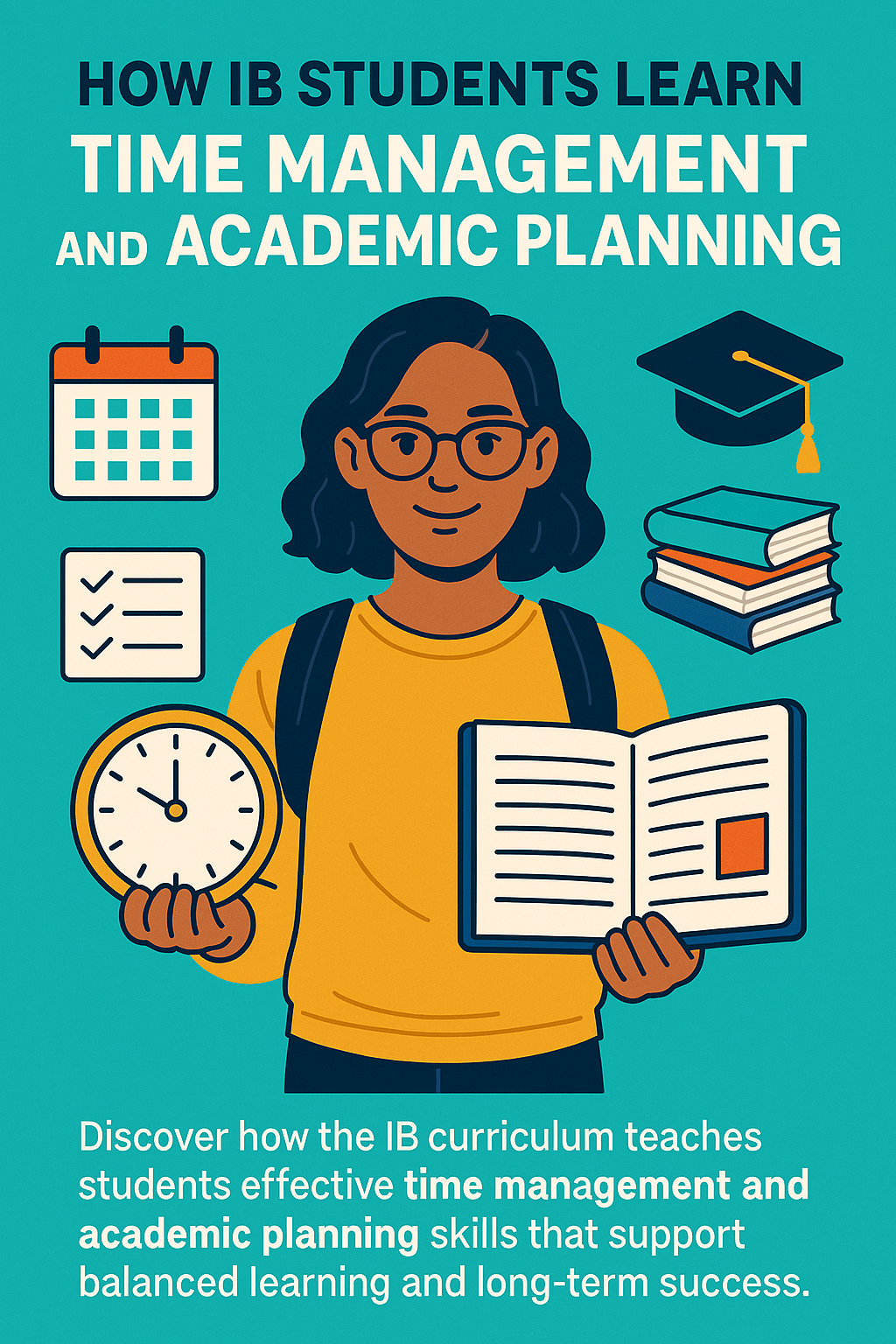
Discover how the IB curriculum teaches students effective time management and academic planning skills that support...
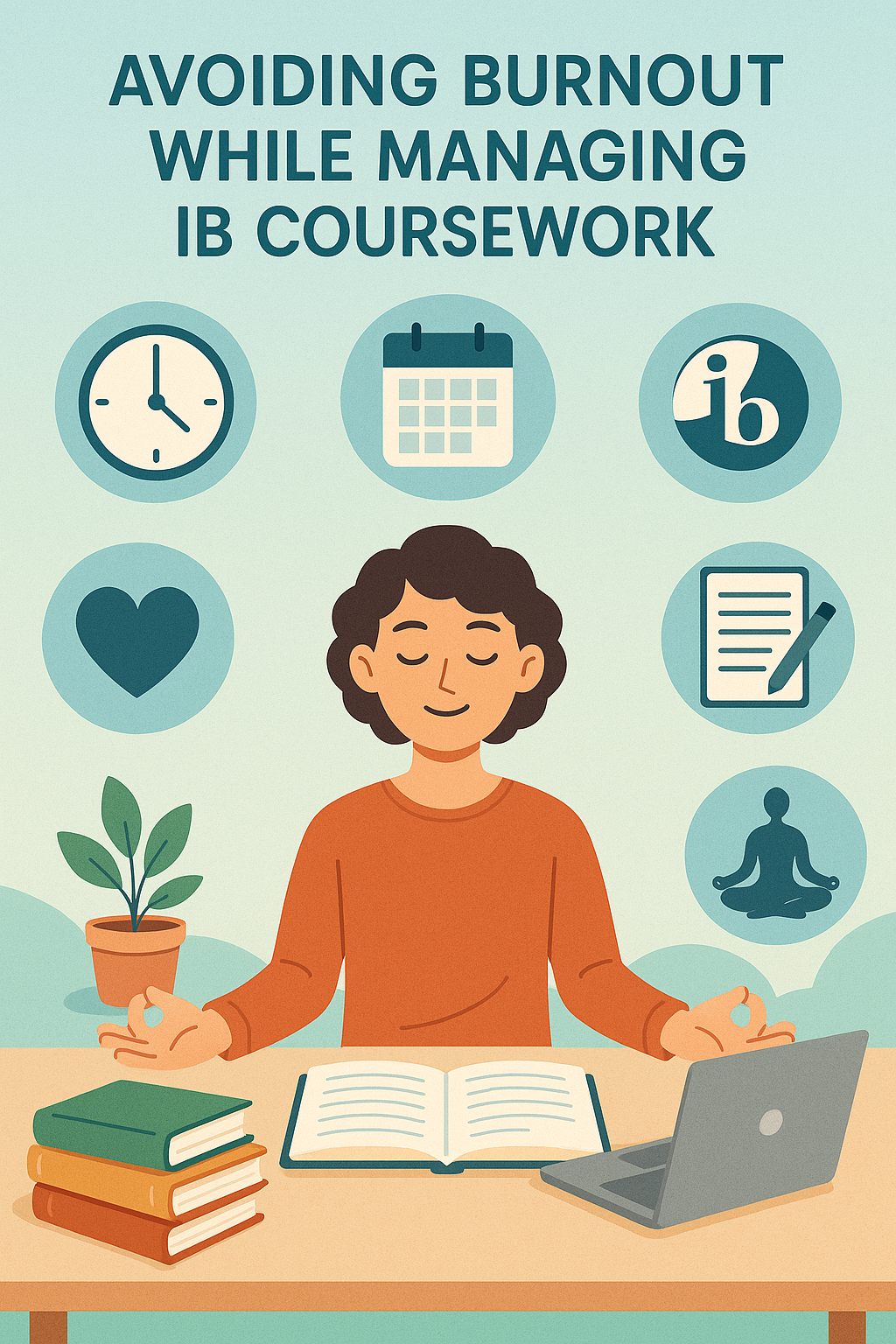
Learn how IB students can avoid burnout while managing coursework by building balanced routines, aligning study...
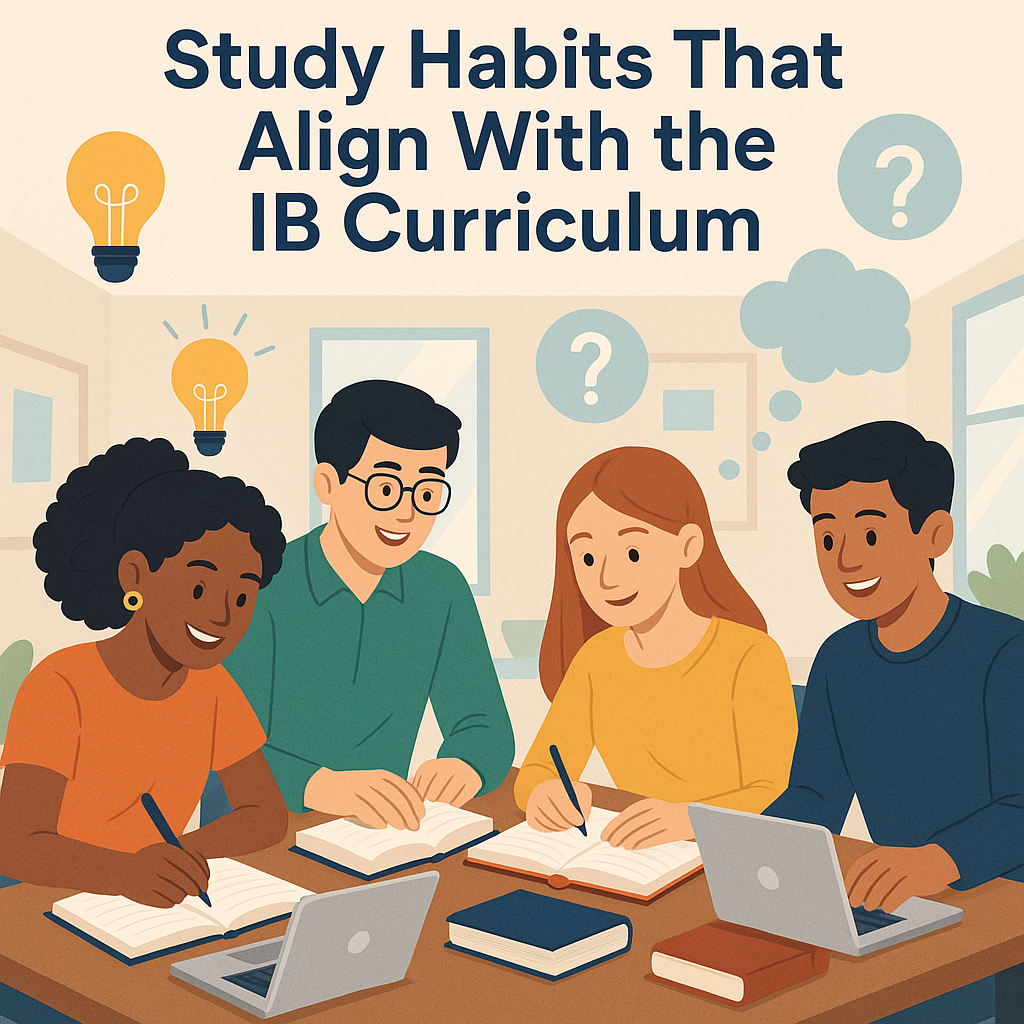
Discover study habits that align with the IB curriculum and help students succeed through inquiry-based learning,...
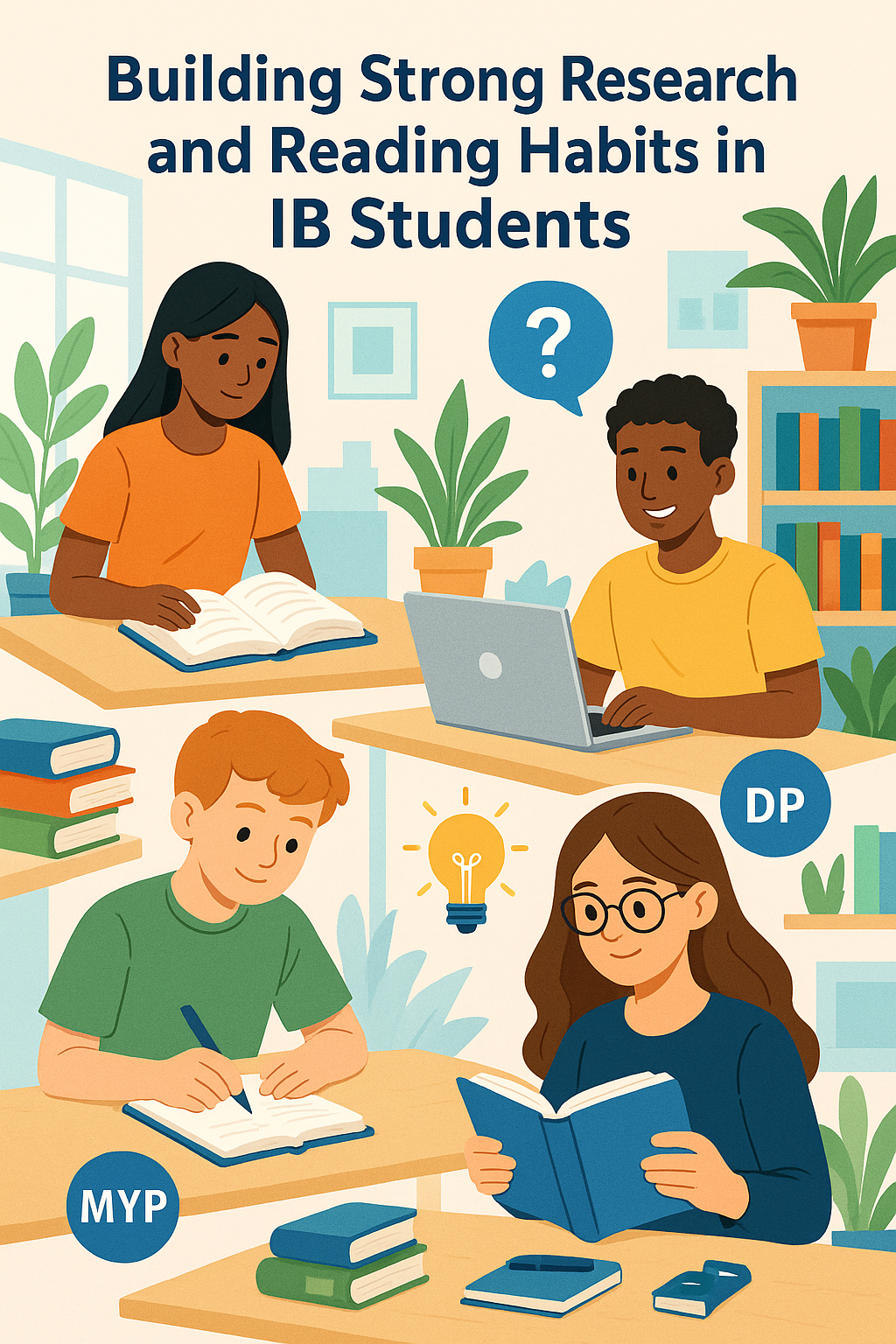
Learn how the IB curriculum builds strong research and reading habits through inquiry-based learning, reflection,...
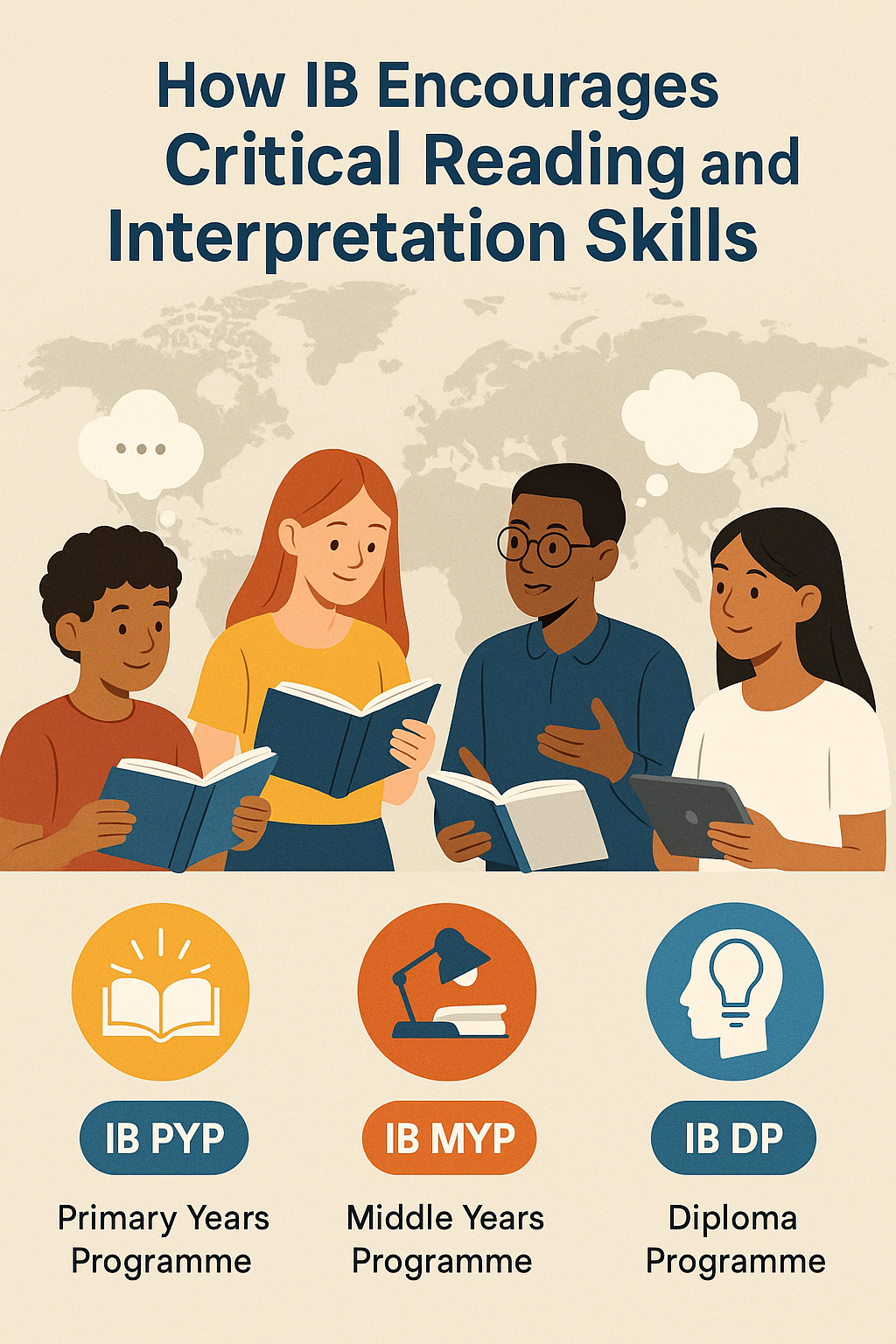
Discover how the IB syllabus builds strong critical reading and interpretation skills through inquiry-based...
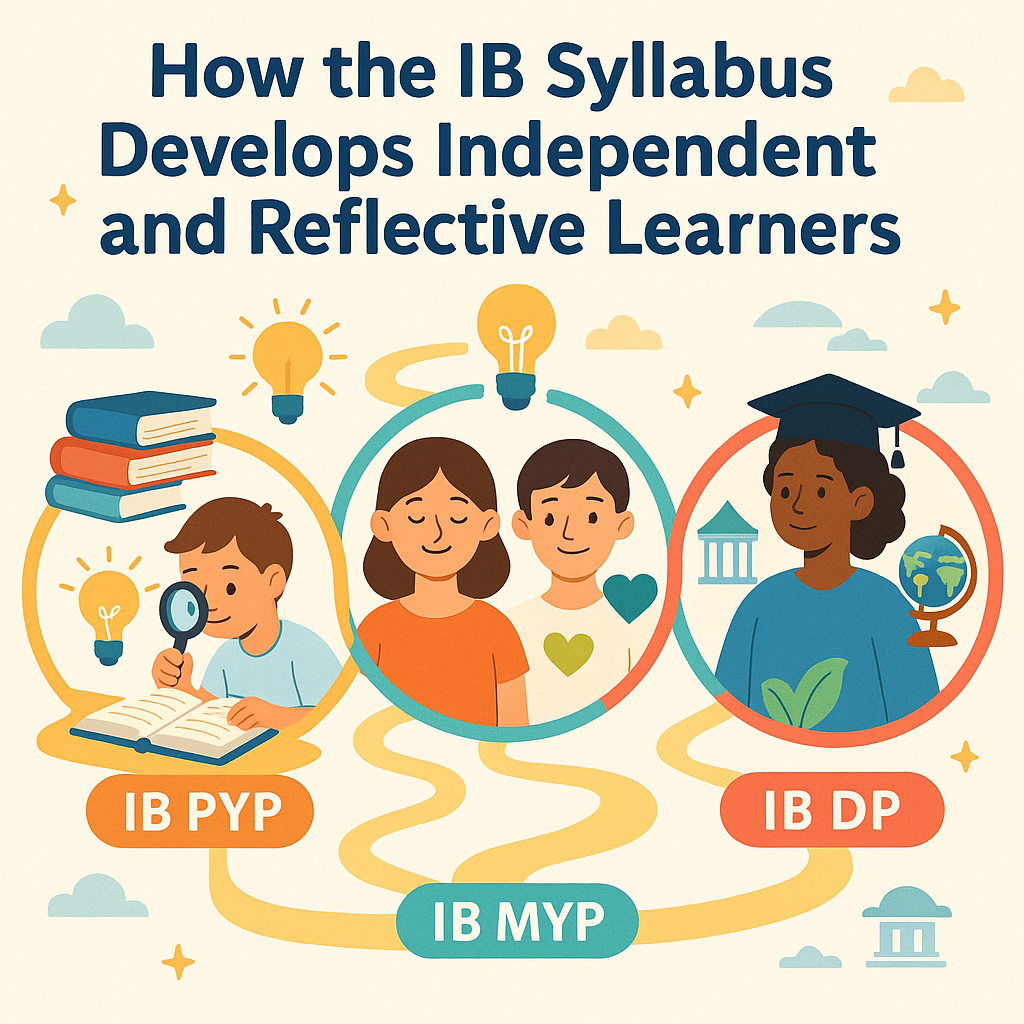
Discover how the IB syllabus builds independent and reflective learners through inquiry-based learning, emotional...
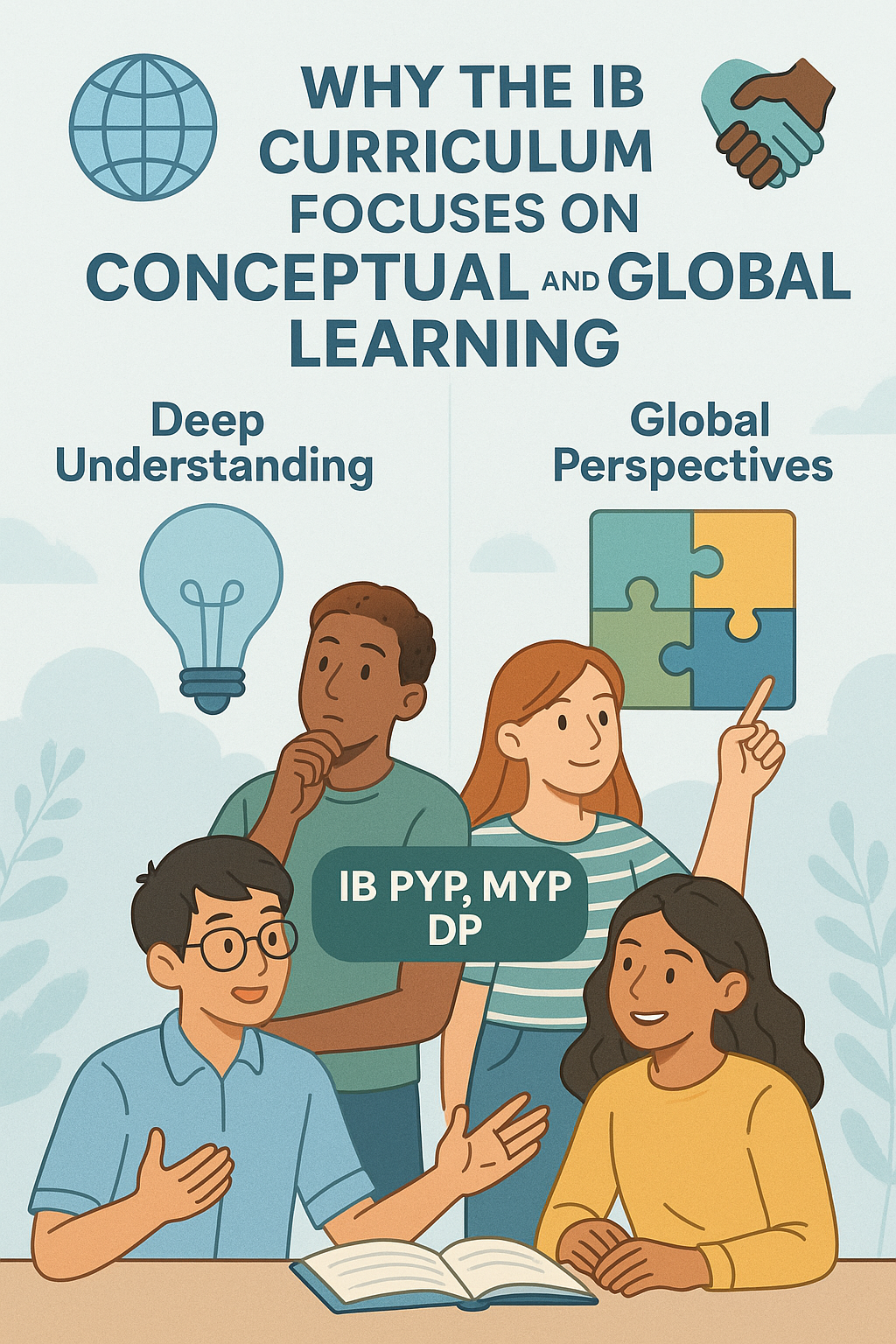
Learn why the IB curriculum focuses on conceptual and global learning, how IB PYP, MYP, and DP develop deep...
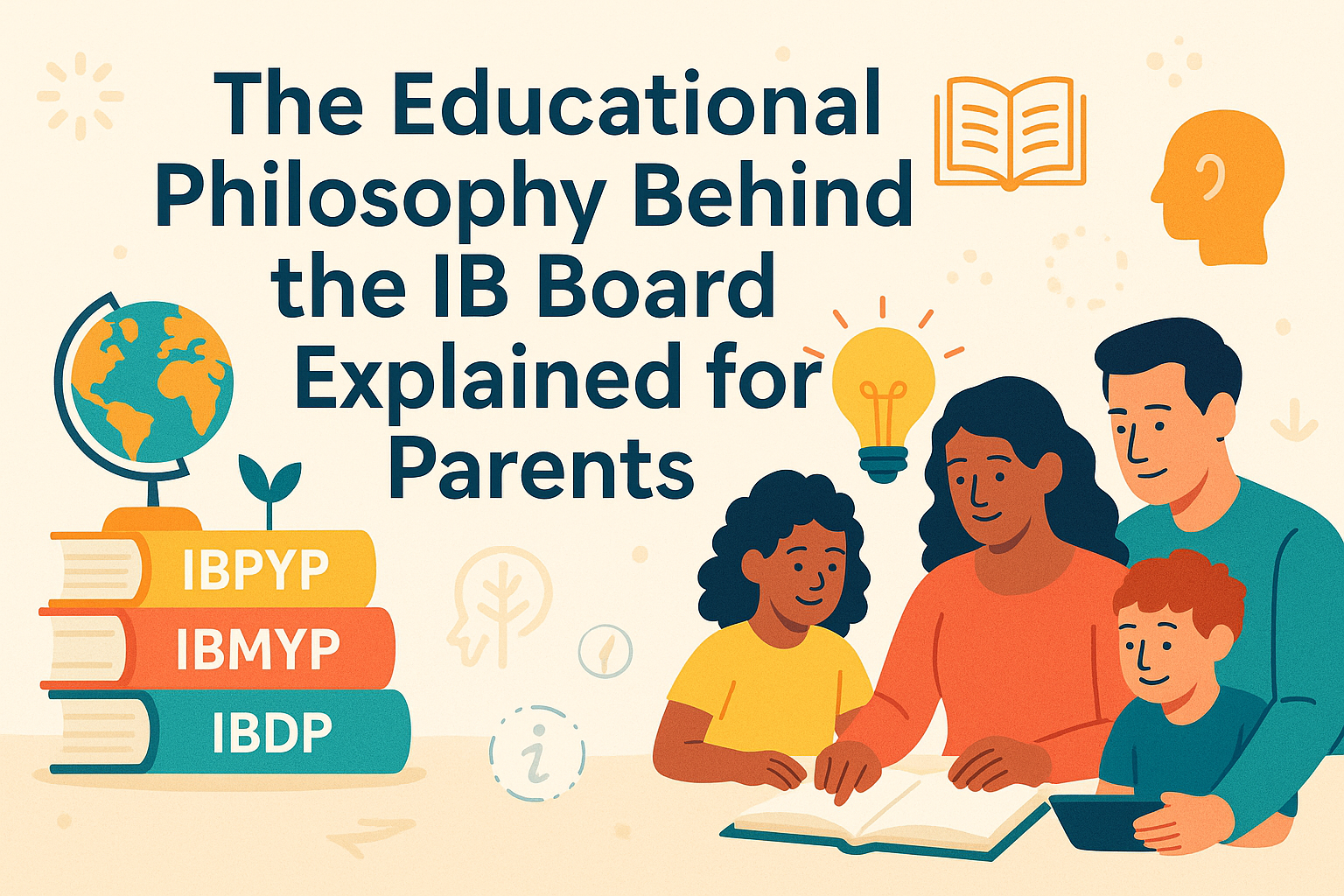
Understand the educational philosophy behind the IB board, including IB PYP, MYP, and DP, and learn how IB learning...
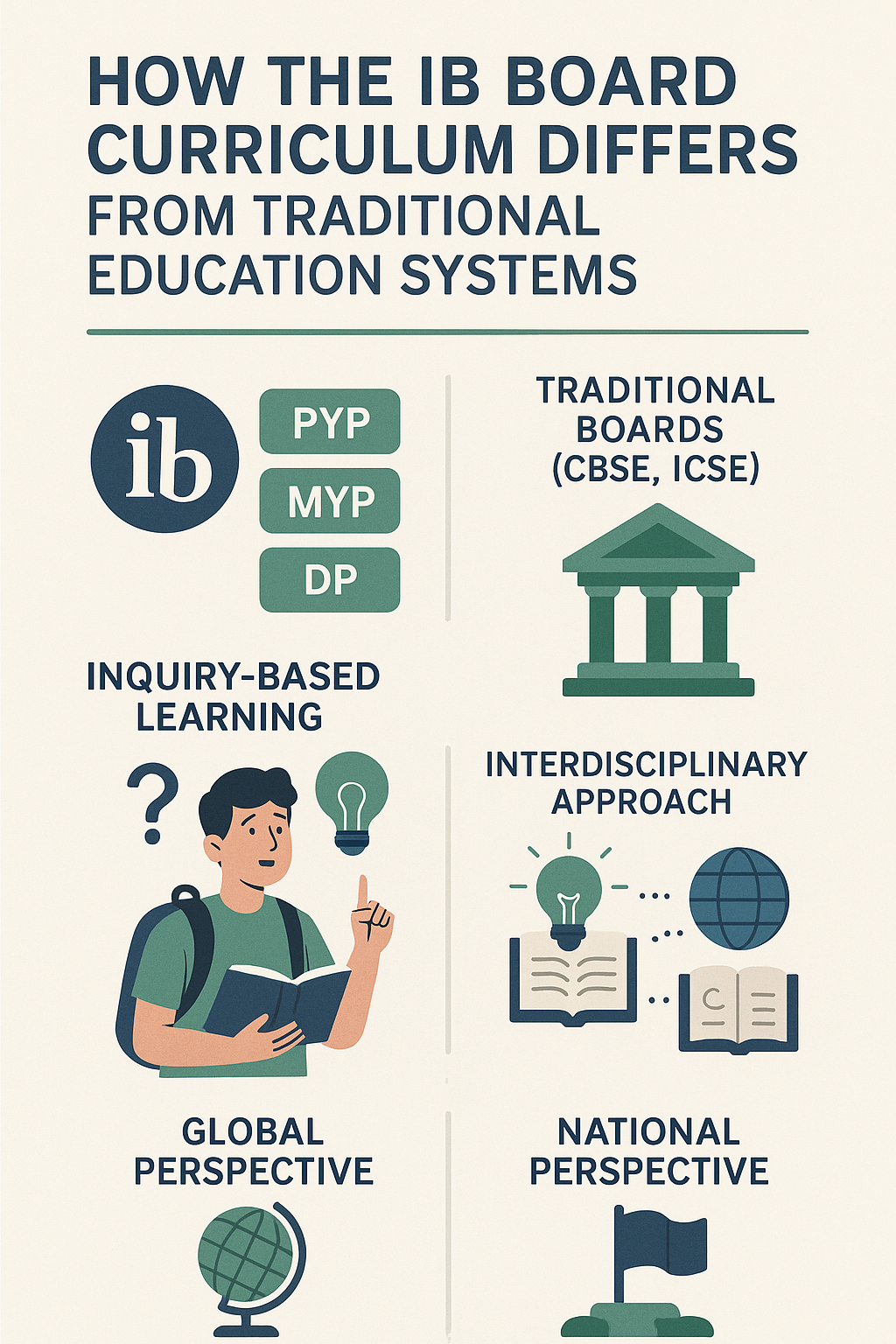
Explore how the IB board curriculum differs from traditional education systems like CBSE and ICSE, and understand IB...
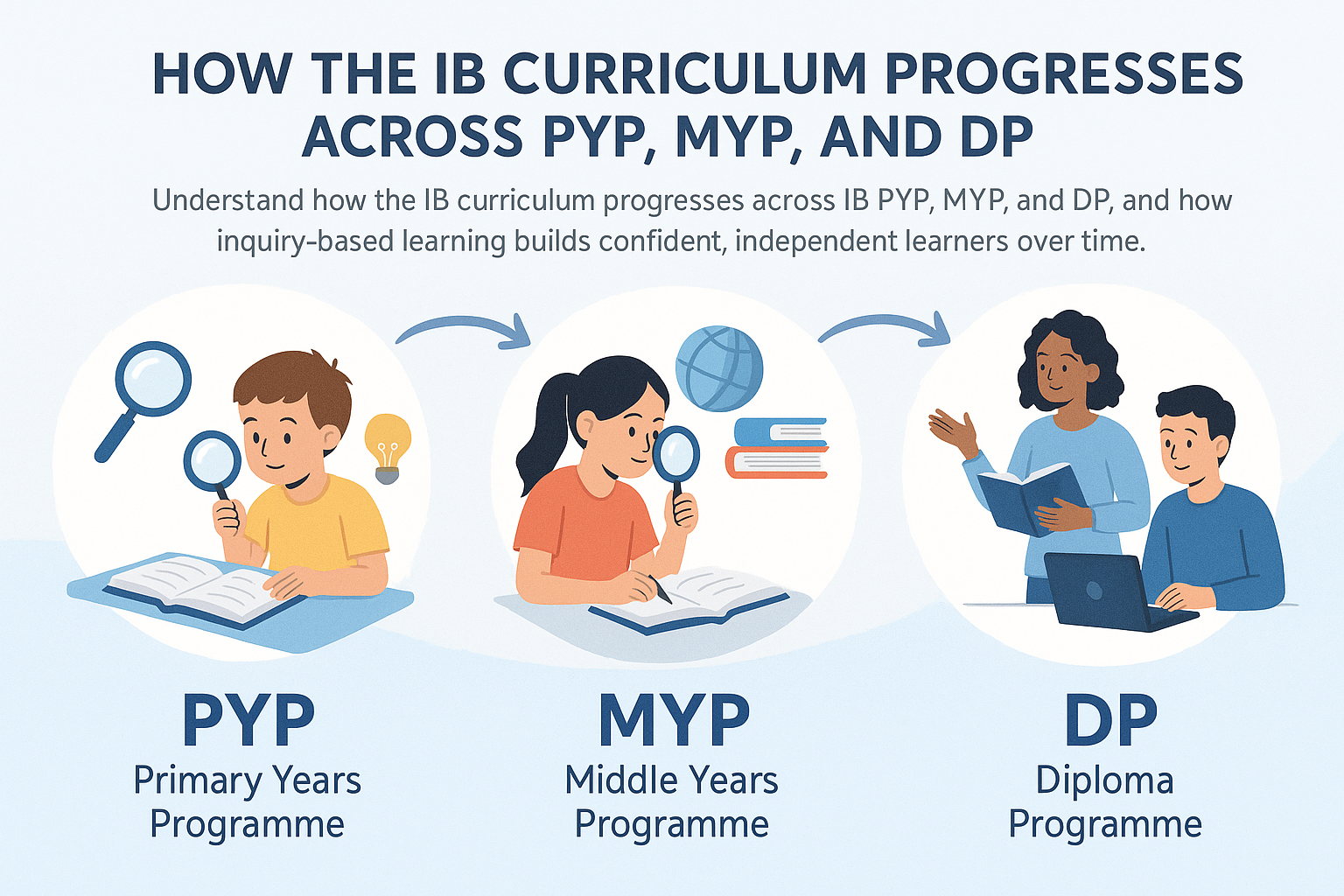
Understand how the IB curriculum progresses across IB PYP, MYP, and DP, and how inquiry-based learning builds...
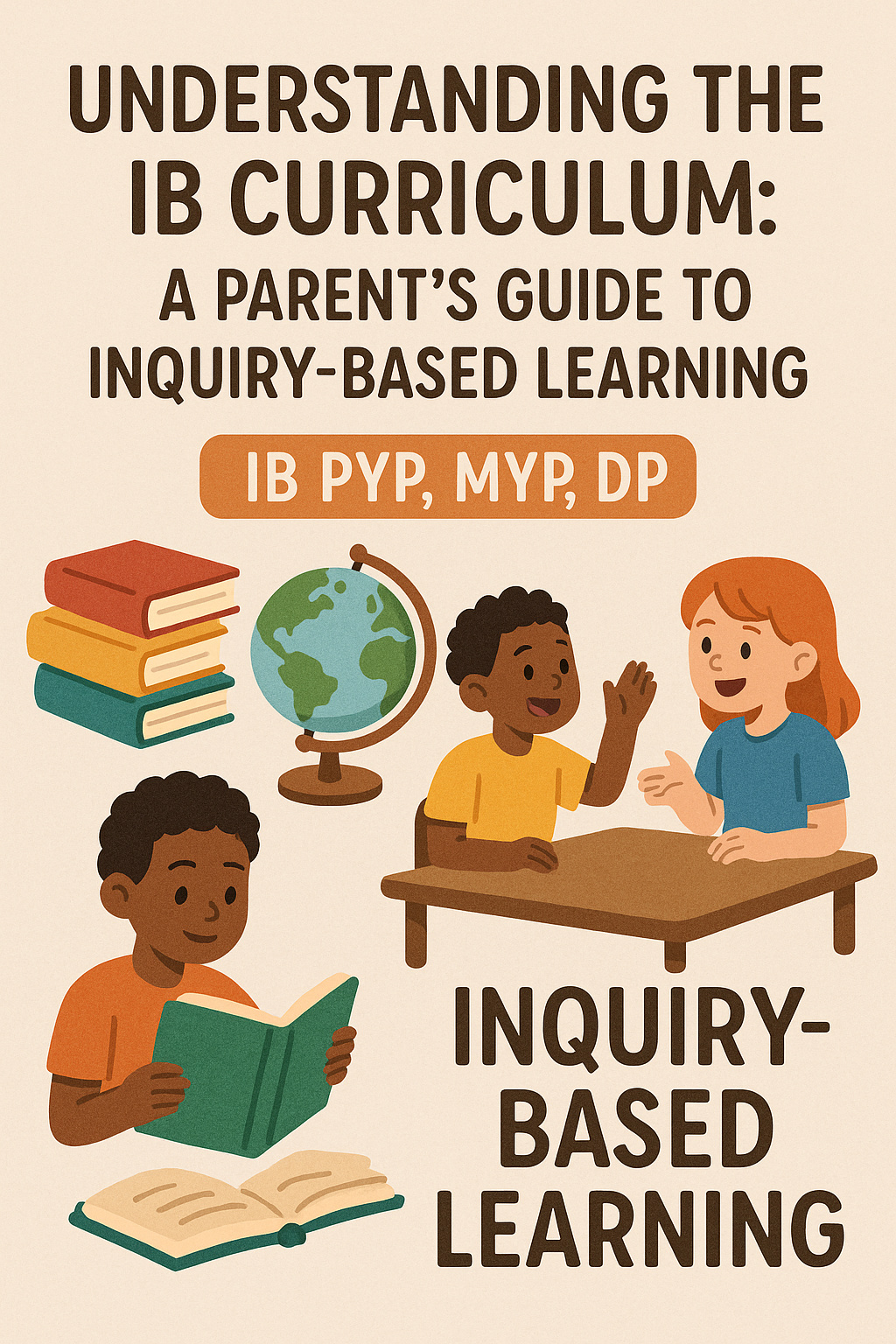
A parent friendly guide to understanding the IB curriculum, IB PYP, MYP, and DP, and how inquiry based learning...
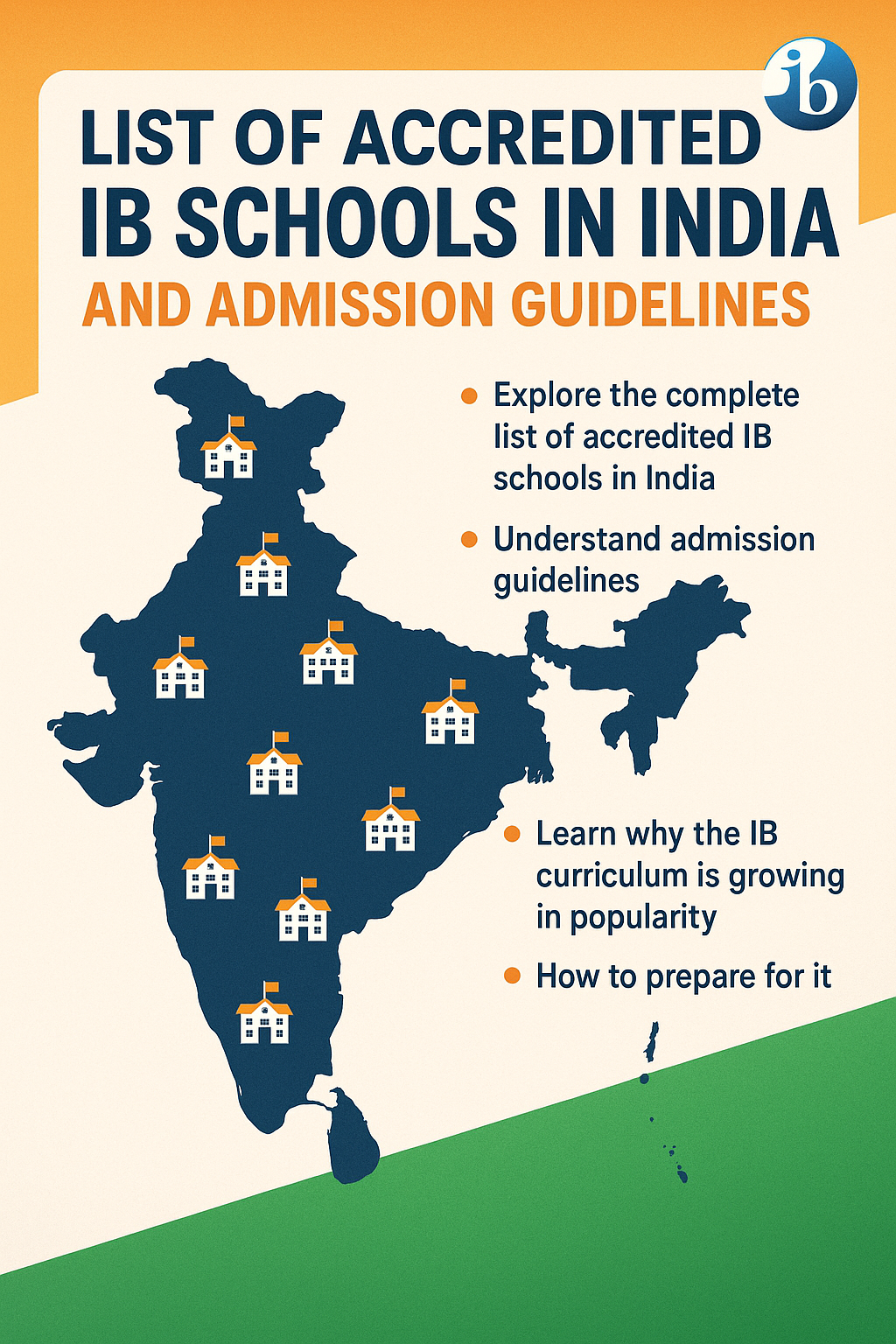
Explore the complete list of accredited IB schools in India and understand admission guidelines. Learn why the IB...

A complete guide for parents in Kolkata to understand the IB curriculum. Learn about PYP, MYP, IBDP stages,...

Discover the IB Diploma Programme curriculum, subject groups, core requirements, and benefits of IB. Learn how...

Thinking of joining the IB Programme? Learn about its rewards, challenges, and how AllRounder.ai can help you...

Discover the IB PYP curriculum framework, key learning areas, transdisciplinary themes, and how it nurtures lifelong...

Explore the IB syllabus structure, subject groups, and core components like TOK, CAS, and EE. A complete guide to IB...

Discover how the IB curriculum prepares students for Ivy League and top global universities. Explore skills,...

Explore how to choose IB subjects wisely. Learn about IB subject groups, HL vs SL, and combinations aligned with...

Understand the 10 IB Learner Profile attributes and why they matter in shaping global, future-ready students.

A detailed comparison of IB, CBSE, and ICSE boards. Learn about curriculum, teaching methods, and which board best...

Discover the IB Board – its global recognition, programs, and unique education philosophy.
Resources
-
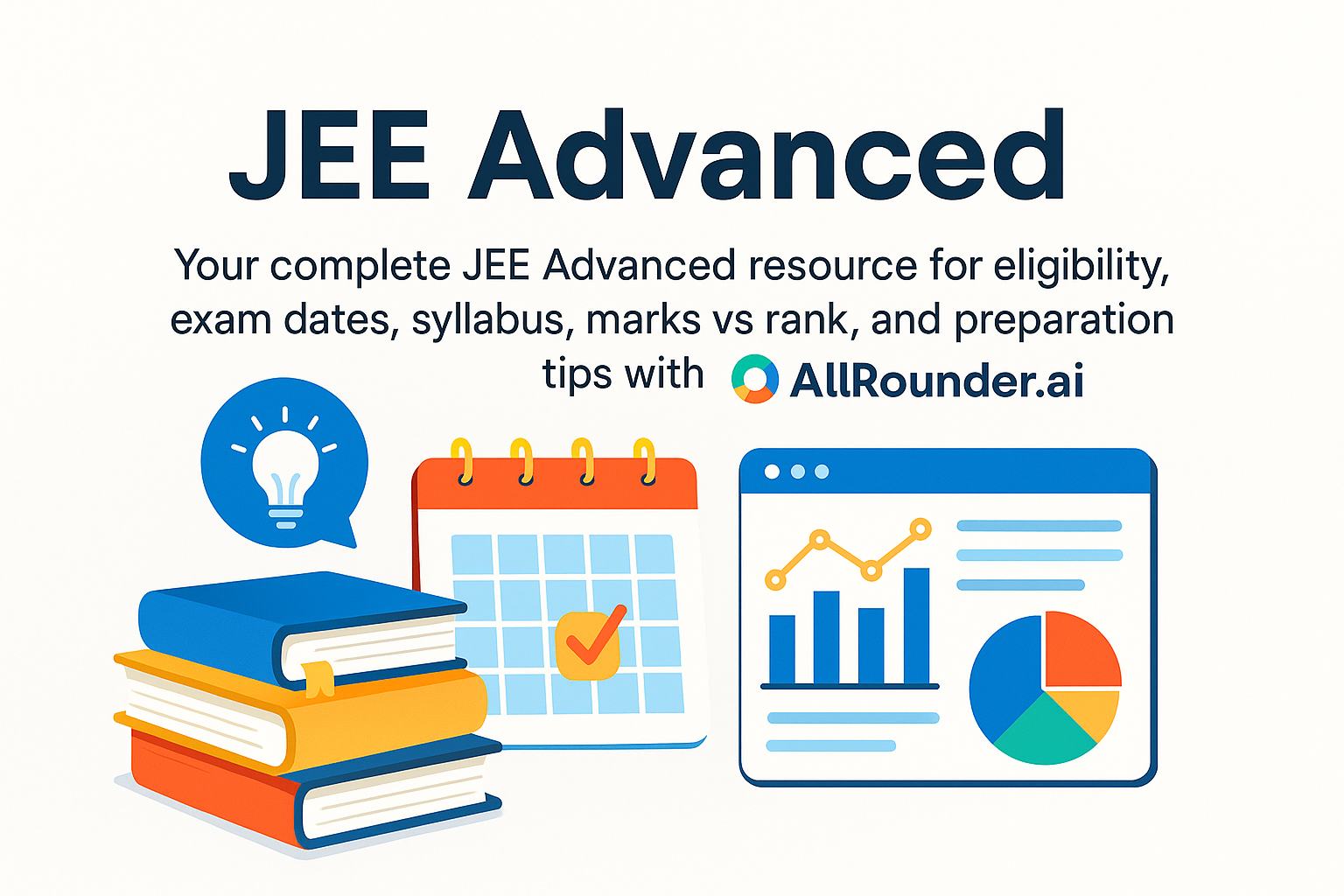
Your complete JEE Advanced resource for eligibility, exam dates, syllabus, marks vs rank, and...
-
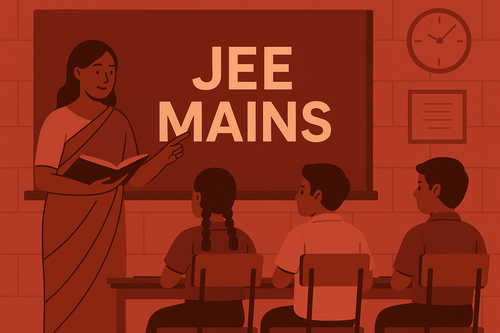
Understand the entire JEE Main process, from application and eligibility rules to the exam...
-

Explore the IB Board – a global curriculum emphasizing holistic, student-centered learning...
-

Learn about CBSE – India’s national school board offering a standardized curriculum, NCERT...
-

Explore everything about the ICSE board – its curriculum, subjects, exam format, and academic...
